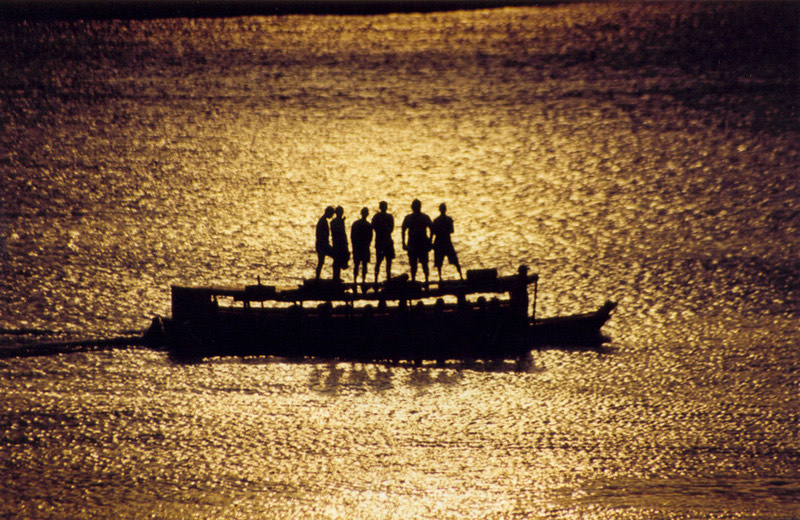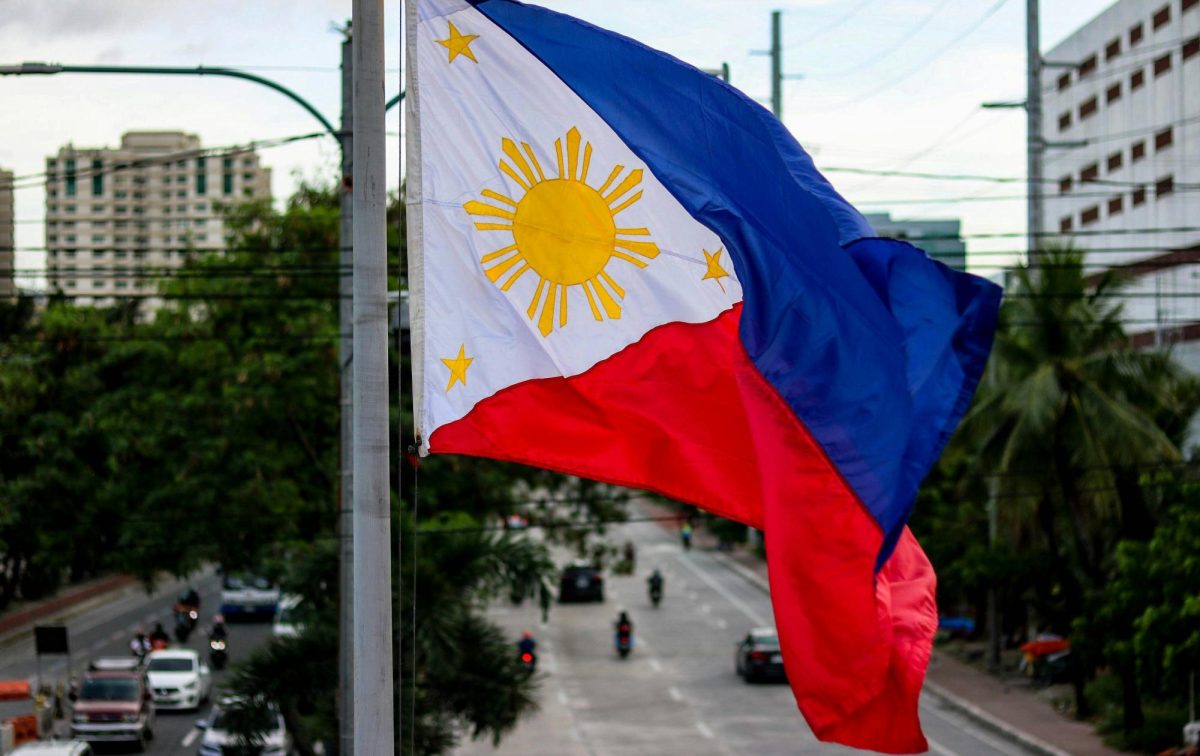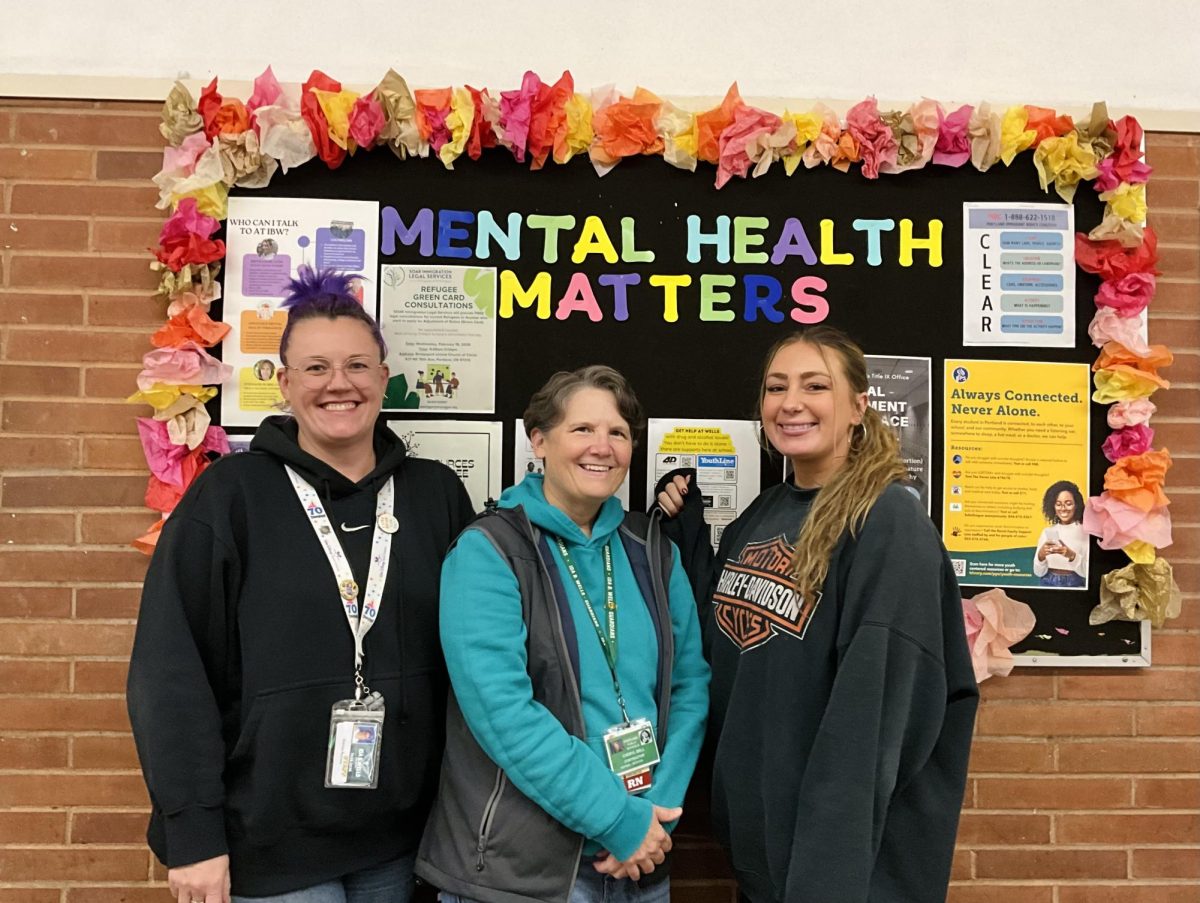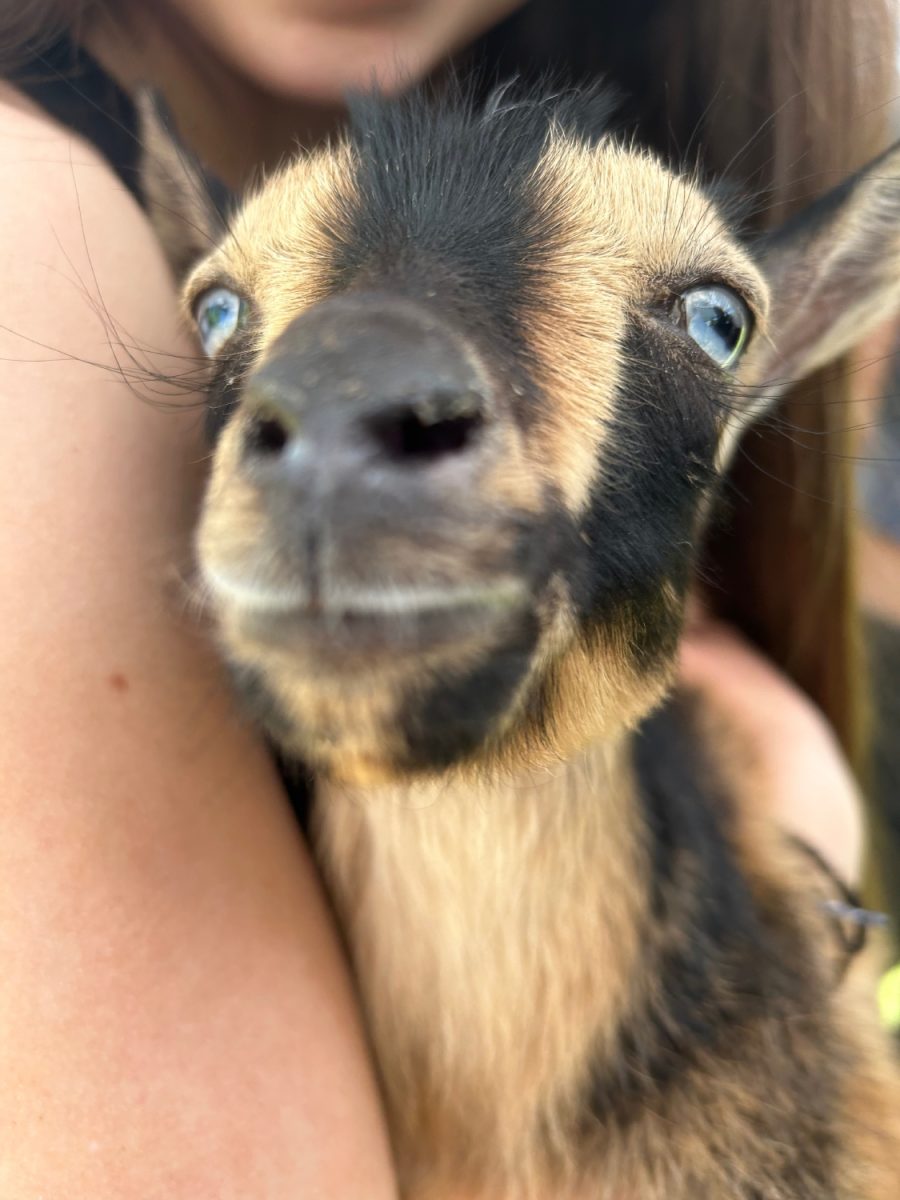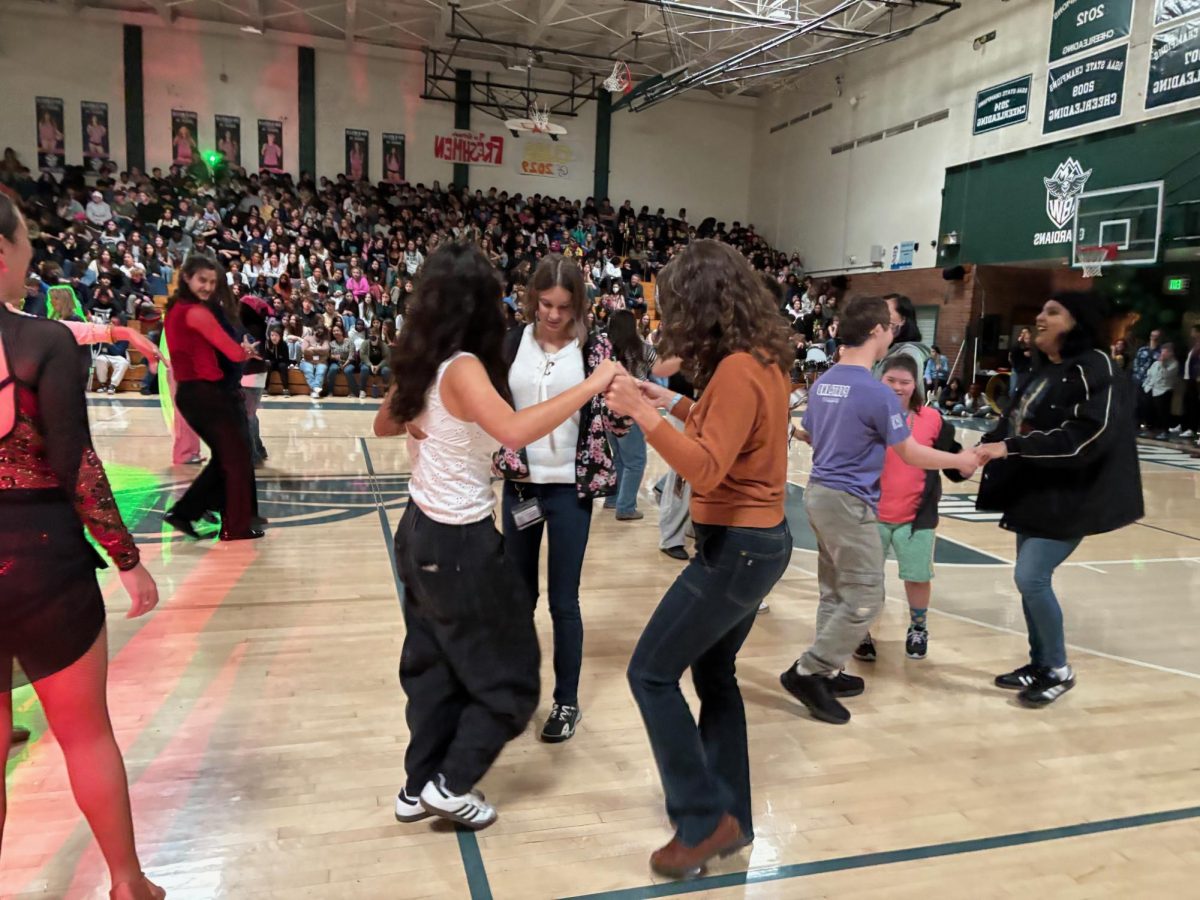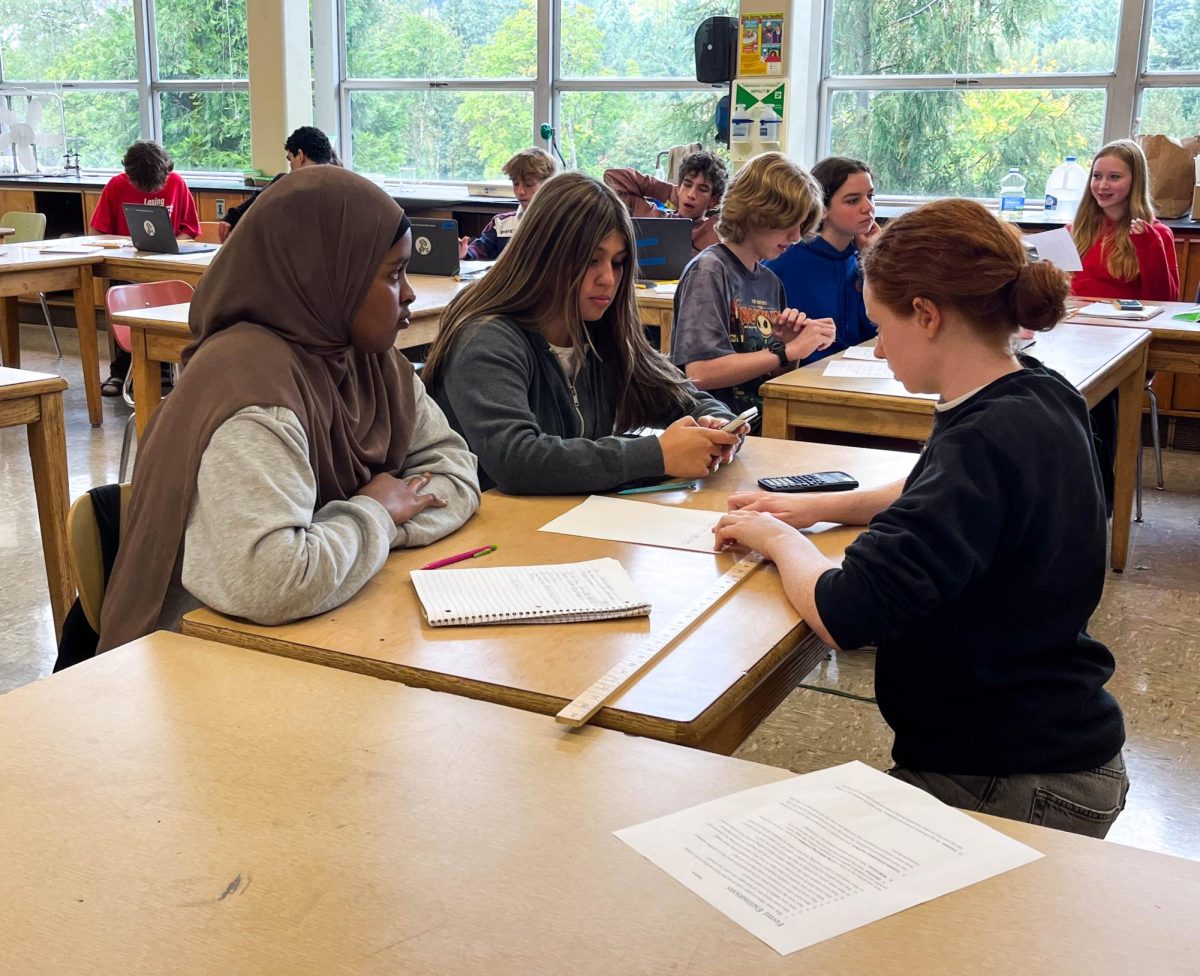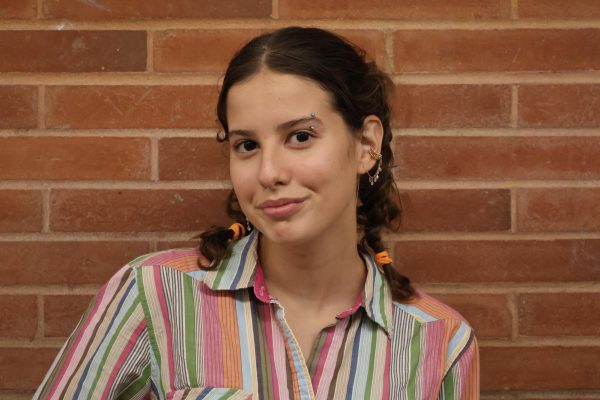Marajó is a lively island with animals, biodiversity, and unique culture. Marajó — located in the Brazilian Amazon, is a large river island with roughly half a million inhabitants. People all over the country go to the island to enjoy vacations as it is a beautiful beach town with unique sites. Several tourists have written about their pleasant experiences. One user who goes by Fernando is marked as a local guide by Google, said: “A ilha é enorme, fui para Soure, com barco saindo de Belém, a uma distância de 2 horas pelo Rio Tapajos. A ilha é bonita e embora esteja isolada, tem boa estrutura para turismo. Lá é comum se deslocar para os locais de mototáxi. Moradores da Ilha são solícitos e hospitaleiros. [The island is huge, I went to Soure, by boat leaving Belém, a 2-hour distance along the Trapajos River. The island is beautiful although it is isolated, it has good facilities for tourism. It is common to travel to places by motorcycle taxi there. Island residents are helpful and hospitable.]” Looking at the island from the outside through photos and videos seems beautiful and picture-perfect; however, the island is anything but that. Looking beyond the island’s beauty, you see people living in poverty and struggling to survive.
In Brazil, they have twenty-six states, Para is the state that overlooks and governs the island of Marajó. In the state of Para, they have 16 smaller provinces, and 14 out of the 16 provinces experience extreme poverty and the region has the lowest human index rate in Brazil. Sao Sebastiao of Boa Vista is an important town for the people of Marajó, as it has value for the locals by providing food and transportation. The river stream is compared to a highway and is the only form of transportation to other nearby cities. Wealthier island residents who can afford and maintain a boat can travel freely. As the Island is on the Amazon River it controls the way locals live. If you struggle financially, life on Marajó is impossible as life revolves around the river. Due to the lack of transportation opportunities people have found other ways to make money like child exploitation and sex trafficking. This is done through ferries that transport children throughout other states and the capital of the region Belém.
The island has been having alleged issues for years but for over a decade, these issues have been forgotten or ignored. The situation was promoted by gospel singer Aymeê, who sang “Evangelho de Farisues.” The song talks about how Christians focus on themselves and little life issues, while on Marajó a kid named João disappeared. A Brazilian newspaper called Carta Capital covered the artist and her viral performance. In the article, Aymeê explains issues on the island, “Marajó é uma ilha a alguns minutos de Belém, minha terra. E lá tem muito tráfico de órgãos. Lá é normal isso. Tem pedofilia em nível hard”, disse a artista, ao final da apresentação em um reality show evangélico [Marajó is an island a few minutes from Belém, my home. And there is a lot of organ trafficking there. That’s normal there. There is pedophilia at a hard level.]” Aymeê also said, “Marajó é muito turístico, e as famílias lá são muito carentes. As criancinhas de 6 e 7 anos saem numa canoa e se prostituem no barco por R$5 [Marajó is very touristy, and the families there are very needy. Little children aged 6 and 7 go out in a canoe and prostitute themselves on the boat for R$5.]”
Many Brazilian celebrities and influencers have spoken out about what is going on the island. Rafa Kalimann, a popular brazilian actress and influencer with over 22 million followers on Instagram stated, “Cabe a nós, é de reponsabilidade nossa exigir, apontar o dedo e dar voz para essas denúncias tão sérias. Algo precisa ser feito agora em relação a essas crianças. Compartilhe, falem sobre e vejam o que está acontecendo. Tem muita informação rolando [It is up to us, it is our responsibility to demand, point the finger and give voice to these serious allegations. Something needs to be done now about these children. Share, talk about, and see what’s happening. There’s a lot of information going around.]”
The island has the country’s lowest GDP per capita, GDP per capita is a metric to measure a country’s economic outrun per person. Poverty is a widespread problem on the island, as it leads to unethical ways for people to make money. According to the United Nations, the children there are forced to go into child trafficking and abuse, and indigenous children are trafficked the most. Children are also forced into labor and domestic servitude. These children are transported on boats by parents to make money, due to extreme poverty and large amounts of pedophilia. Children as young as five are forced to go on these boats and sell themselves to make money for either food or gas. They get paid one USD anytime they do these jobs.
The island is allegedly used for a political agenda, as it was supposedly used to help a president’s election. In September of 2019, the Embrace Marajó program was revoked. The program was created by Damares Alves, a member of the Brazilian Federal Senate, to help with the human rights issues going on on the island. The program was supposedly used to exploit natural resources and serve foreign interests, and the program didn’t show any signs of helping the local population. Soon after the Embrace Marajó program was terminated, the Cidadania Marajó program was created in 2021. This program was created to combat sexual abuse in the region. According to the Public Ministry of Para, the state has a negative highlight when it comes to sexual abuse, and some studies estimate that five children per day are abused.
The Federal Public Ministry stated that there have not been any complaints about child sex trafficking for 30 years. Alves has been investigated by the Federal Public Ministry for fake news, and Alves blamed the high rates of sexual abuse because the girls “não usavam calcinha [didn’t wear panties.]” In 2022, Alves made new allegations, without providing evidence, and she started to talk about the abuse and torture these children were facing. Due to these claims, Alves is now dealing with a 5 million Reas (1 million USD) lawsuit. This lawsuit is from the Federal Public Ministry as she made several reports without evidence. The lawsuit states that these statements were made during Bolsonaros’ re-election campaign to help boost his votes, as they would associate Marajó with Bolsonaros’s fight against pedophilia.
False content has been circulating about the island, and videos and photos that have been shown are either from other countries or other areas, and the content is harmful to the community. Content of children being stuffed in cars and kissed by adults has been pushed by the media. The president of Dom José Luis Azcona Institute of Human Rights, Sister Marie Henriqueta, who stated that: “Não quero descartar o que acontece na região, mas a violência sexual não é uma questão somente daqui [I don’t want to dismiss what happens in the region, but sexual violence is not just an issue here,]” Sister Marie Henriqueta also stated that under the Bolonario government, “Nós não vimos efeito nenhum do programa Abrace o Marajó. Cesta básica não é combate ou enfrentamento a violência sexual [We saw no effect from the Abrace o Marajó program. Basic food basket is not combating or confronting sexual violence.]”
Marajó is an island that has been having issues for many years and the issues on the island have now been weaponized into a political agenda. The island should be recognized as it shows a fight for human rights that was turned political due to corrupt government officials.


